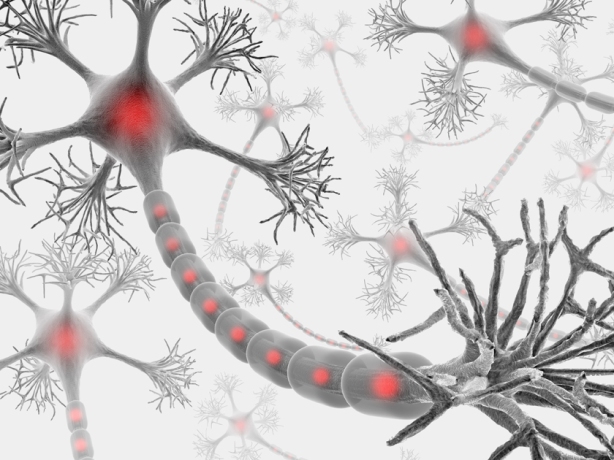Fasting and refeeding differentially regulate NLRP3 inflammasome activation in human subjects
Javier Traba1, Miriam Kwarteng-Siaw1, Tracy C. Okoli1, Jessica Li1, Rebecca D. Huffstutler1, Amanda Bray1, Myron A. Waclawiw2, Kim Han1, Martin Pelletier3,
Anthony A. Sauve4, Richard M. Siegel3, and Michael N. Sack1
First published November 3, 2015
I was pretty sure based on my own experience some study would soon confirm these results. "The inflammasome is responsible for activation of inflammatory processes,[2] and has been shown to induce cell pyroptosis, a process of programmed cell death distinct from apoptosis.[3]"
Excerpt To gain mechanistic insight into the role of SIRT3, genetic manipulation studies showed an essential role of SIRT3 maintenance of mitochondrial respiration and control of ROS production, underpinning its role in this nutrient-sensing inflammatory program. In parallel, a SIRT3 pharmacologic agonist, nicotinamide riboside (NR), enhanced mitochondrial function and blunted the NLRP3 inflammasome in leukocytes extracted from a group of healthy control subjects and from cells extracted in the refed state but not the fasted state from subjects enrolled in the index fasting inflammasome study.
In conclusion, this study shows that refeeding after a 24-hour fast increases susceptibility to inflammasome activation, in part, via refeeding-mediated activation of NF-κB signaling. Moreover, a 24-hour fast in human subjects activates SIRT3 biology, and this, in turn, appears to confer resistance to NLRP3 inflammasome activation via blunting of mitochondrial ROS levels. This inflammasome-provoking effect of refeeding after a 24-hour fast can be inhibited by SIRT3 activation using NR. These data have identified a potentially drug-modifiable SIRT3-dependent program to attenuate the NLRP3 inflammasome and suggest that this pathway may be modulated as a strategy to alleviate/attenuate NLRP3-linked inflammation.
METHODS. We performed a clinical study of 19 healthy volunteers. Each subject underwent a 24-hour fast and then was fed a fixed-calorie meal. Blood was drawn during the fasted and fed states and analyzed for NRLP3 inflammasome activation. We enrolled an additional group of 8 healthy volunteers to assess the effects of the sirtuin activator, nicotinamide riboside, on NLRP3 inflammasome activation.
RESULTS. In the fasting/refeeding study, individuals showed less NLRP3 inflammasome activation in the fasted state compared with that in refed conditions. In a human macrophage line, depletion of the mitochondrial-enriched sirtuin deacetylase SIRT3 increased NLRP3 inflammasome activation in association with excessive mitochondrial ROS production. Furthermore, genetic and pharmacologic SIRT3 activation blunted NLRP3 activity in parallel with enhanced mitochondrial function in cultured cells and in leukocytes extracted from healthy volunteers and from refed individuals but not in those collected during fasting.
CONCLUSIONS. Together, our data indicate that nutrient levels regulate the NLRP3 inflammasome, in part through SIRT3-mediated mitochondrial homeostatic control. Moreover, these results suggest that deacetylase-dependent inflammasome attenuation may be amenable to targeting in human disease.
Additional studies:
Professor Anthony Sauve is one of the key researchers driving the Nicotinamide Riboside studies. Here is just a small portion of what he has in the pipeline
http://grantome.com/... Anthony Sauve
Edited by Bryan_S, 05 November 2015 - 03:25 PM.
































 This topic is locked
This topic is locked

























